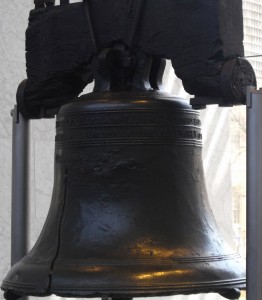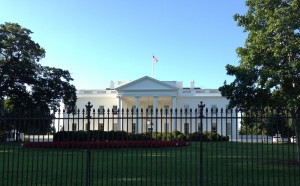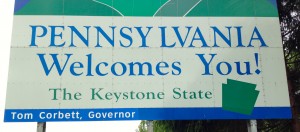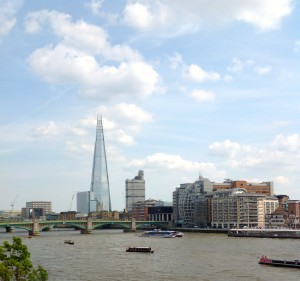As opportunities for employment continue to dwindle, many people have turned to freelancing as a source of supplementary income. Although these opportunities have often kept households afloat, there are some legalities surrounding them that are confusing and can lead to protracted legal battles if not properly addressed.
The “work-for-hire” concept provides the context for freelance and independent contracting opportunities. CopyLaw.com, describes this doctrine as a scenario in which, “all of the attributes of copyright ownership — including credit and control — vest in the hiring party, not the creator.”
There are only two instances in which this law applies; the work must be completed by an independent contractor or by an employee performing work that falls within the scope of their employment. Each of these instances have restrictive stipulations that further define the type of work that can be completed.
For freelance workers there are only nine specific areas in which work can be completed, and any content that falls outside of those areas still belongs to the creator; not the person who hired them to complete the work. The nine areas are:
1. As a contribution to a collective work
2. As a part of a motion picture or other audiovisual work
3 As a translation
4 As a supplementary work
5 As a compilation
6 As an instructional text
7 As a test
8 As answer material for a test
9 As an atlas
*taken from copyright.gov
Many freelancers don’t find out about these rules until it is too late.
“I never really paid attention to all of these laws and rules because I just needed to get paid,” said Adrienne Levis a freelance graphic artist, “That is until I got burned one too many times and said this was too much for me to continue to deal with, and I got a lawyer to draw up an airtight contract for me.”
According to The Freelance Strategist, the best way to avoid issues with work-for-hire is to have a clear, legal understanding of the work to be completed before the project starts.
A recent article on the site states, “Even if your work falls into one of these nine categories, there must also be a written agreement stating that it’s a “work made for hire” (or “work for hire”). To be safe, the agreement should be signed before the work is created.”
Also, if the work requested doesn’t fit into at least one of the nine categories it is not a “work made for hire” …even if the contract states that it is.
Levis says, “It is a mess to navigate as a freelancer, but since I lost my job at a major news outlet, I didn’t really have much of a choice. It is much better to know upfront what I am getting myself into before I even draw one sketch for a client.”






